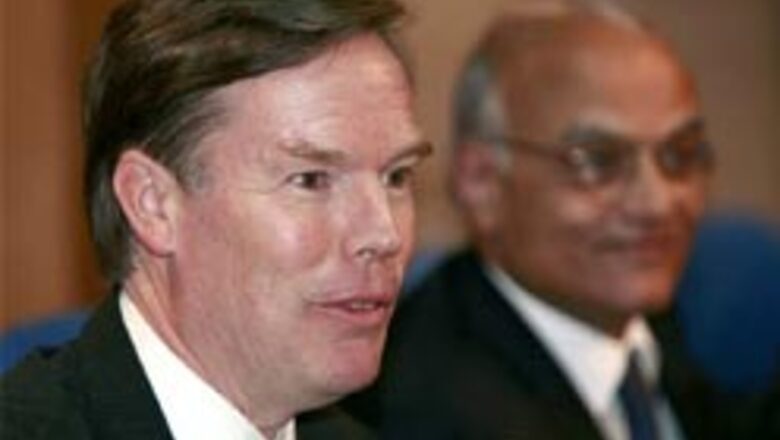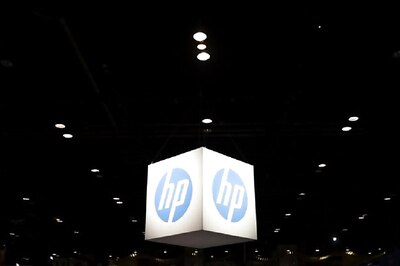
views
Washington: India and the US next week will make another attempt at salvaging their controversial nuclear cooperation agreement but US officials, with little room to maneuver, are cautious about the likelihood of progress.
Undersecretary of State Nicholas Burns, who will hold talks on Monday and Tuesday in Washington with Foreign Secretary Shiv Shankar Menon, said, "We think the Indian government wants to achieve the agreement," but the two sides had not found a way to bridge serious differences.
Recent technical-level negotiations did not make substantial progress, so "our intention is to make progress during these talks and accelerate our joint efforts towards a full agreement," Burns said of next week's talks.
The much-heralded deal would give India access to US nuclear fuel and reactors for the first time in 30 years, despite the fact that New Delhi tested nuclear weapons and has never signed the nuclear Non-Proliferation Treaty.
But disputes over India's intentions on nuclear testing and reprocessing have not been resolved and both US President George W Bush and Prime Minister Manmohan Singh are under political constraints that limit their ability to compromise.
The Indian ambassador in Washington has told US congressional aides that "nothing is insurmountable".
But some US experts say differences are so profound, it is increasingly unlikely the deal can be done before Bush leaves office in January 2009.
Philip Zelikow, a former State Department official who helped craft the deal first announced in 2005, said the agreement has "veered toward the precipice at every stage" and is again unravelling because of ambivalence in both countries' bureaucracies.
"At every stage, it's only been rescued when the leaders grab the steering wheel (and this time) it's not good enough just to repeat the pieties" of why the agreement is important, he said.
PAGE_BREAK
"The leaders have to roll up their sleeves and get involved in settling the details," said Zelikow, a University of Virginia professor and adviser to the Washington-based Barbour Griffith & Rogers LLC lobbying firm that represents India.
The pact was approved by the US Congress in December in a new law called the Hyde Act but the countries have since struggled to negotiate a bilateral agreement that lays down the detailed terms of nuclear trade.
India says Congress imposed new conditions in the law but US experts say the Hyde Act reflects US obligations under other US law, the NPT and the 2005 US-India announcement that set broad political parameters for nuclear cooperation.
One major obstacle is the mandate that Washington halt nuclear cooperation if India tests a nuclear weapon as it did in 1998.
US nuclear agreements with Japan and other countries contain similar mandates.
Other disputed points are the US refusal to give India prior approval to allow reprocessing of spent fuel with US components and to assure permanent fuel supplies.
US experts say India floated the idea of redefining any future nuclear test as a "peaceful nuclear explosion" so it would not trigger an end to cooperation but these experts dismiss that as an absurd solution.
US negotiators have been "extremely creative" in offering alternative phrases that might accommodate India's objections, one congressional aide said.
But the Democratic-led Congress that took office in January is unlikely to approve a weaker deal than the one the Republican-led Congress passed in December, experts said.
Singh is under strong pressure from communist allies and the opposition Hindu nationalists who do not want him to succumb to US pressure.
Americans say India's nuclear scientists have also wielded strong opposition.
Bush is badly weakened in public opinion polls and preoccupied with Iraq.


















Comments
0 comment